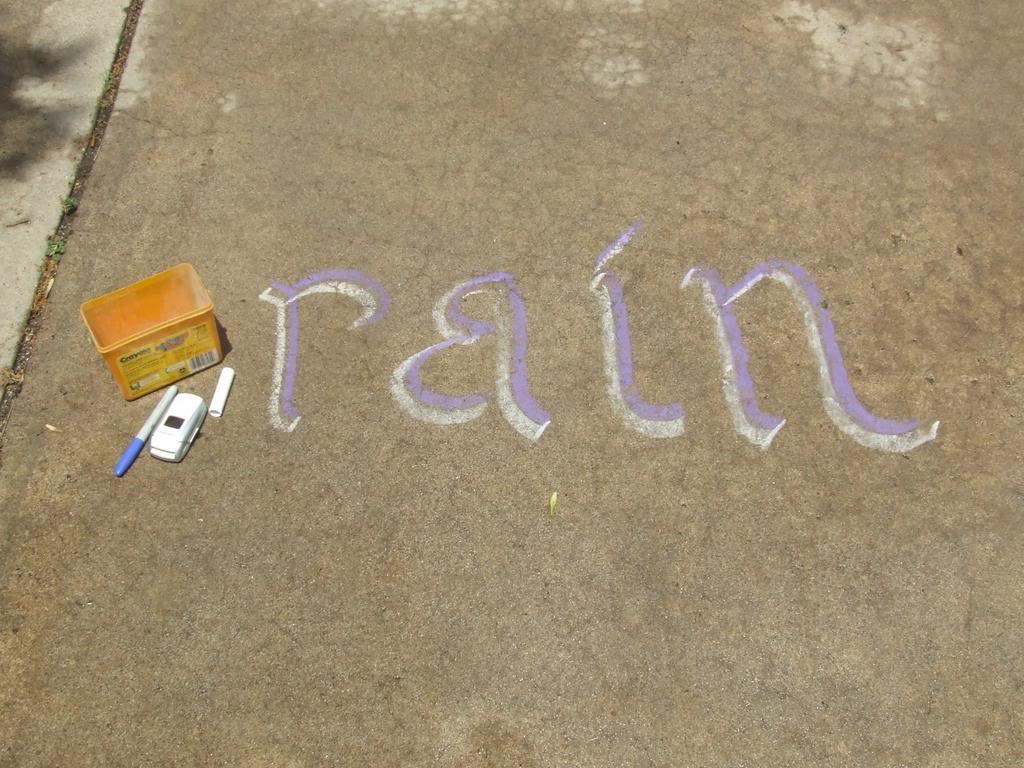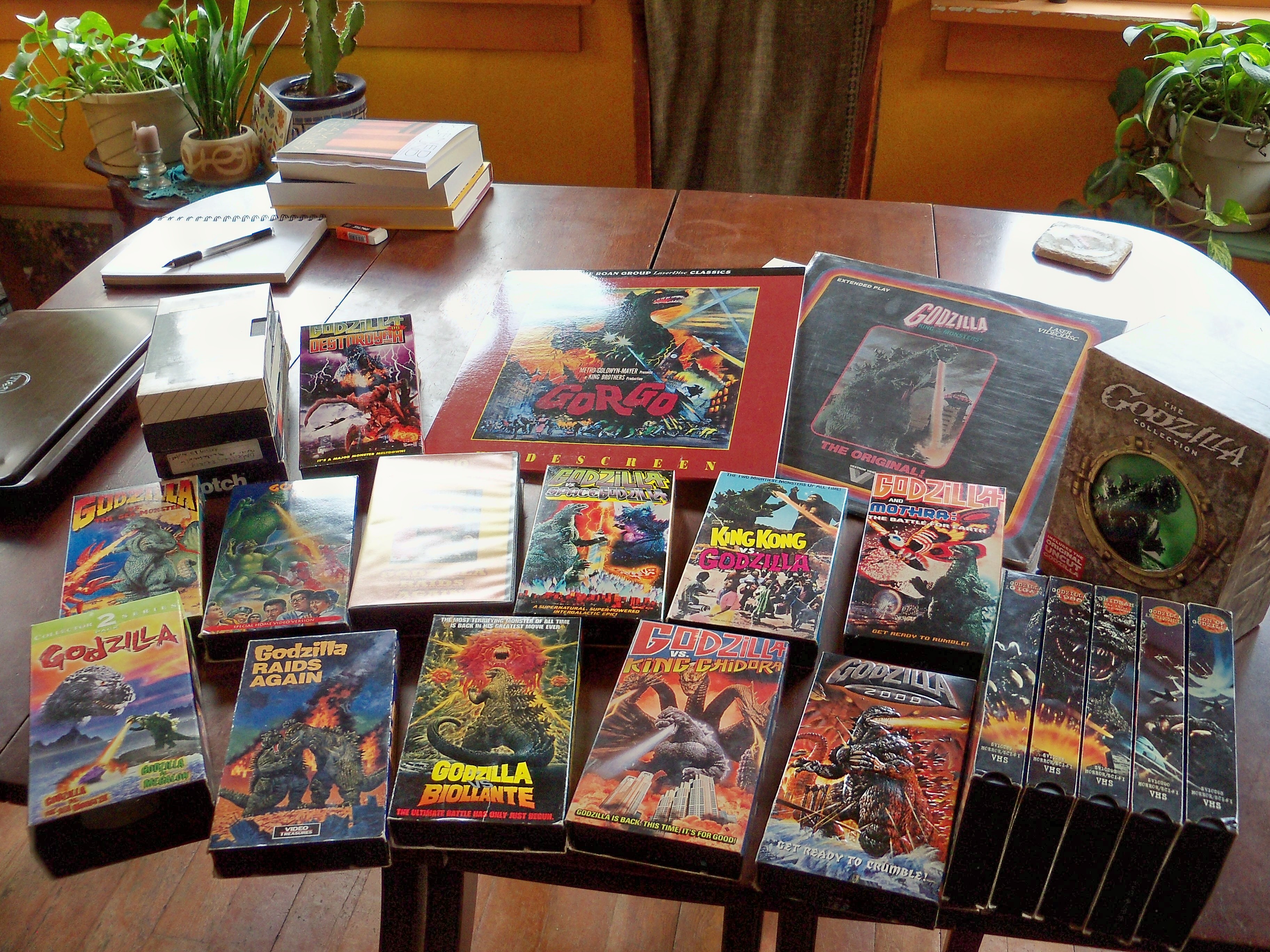photo by Sandra Dodd
(my handwriting, but not my writing)





NOTE FROM SANDRA: I was speaking, not writing, so when you get past that stuttery beginning, it might flow.



If I could describe all your writing in just a few words, it might be "Peace, humor and scary monsters." Dylan's life has involved a lot of Godzilla and that ilk. Scooby Doo and Godzilla.Deb Lewis:
Yes, a lot of Godzilla, beginning when he was very little. And then any movie with a monster, or any book about monsters. And then all kinds of horror and science fiction. Godzilla was the gateway monster, though, and it started with a movie marathon on television. I couldn’t have guessed then, when he was three years old, that he would find a lifetime of happiness in horror! And I didn’t know then that his love of monster movies would lead to learning to read and write, finding authors, making connections to other cultures, (and more movies and authors) and connections to music, theater, poetry, folklore, art, history... It turned out to be this rich and wonderful experience he might have missed, and I might never have understood if I’d said no to TV, or to Godzilla, King of the Monsters.
Before Dylan was reading or writing really well, he’d meticulously copy the titles and dates of movies he wanted, and request them from interlibrary loan. All that writing, and all the time spent watching movies with subtitles helped him read and write better. I remember the feeling of joy and wonder, mixed with some sadness and loss when he didn’t need me to read movie subtitles to him anymore. I learned so much about learning.










Today I had an unschooling moment.
We had movie and tv restrictions before, and gave them up after reading here. Today, we were driving somewhere, and went down a road near where the tide comes in (we live near the Bay of Fundy), and after renting The Lizzie McGuire movie last week, and seeing the state of the tide, naturally I burst into "The tide is high..."!!—joined happily by my three daughters.
Sometime after the nth rendition of that song all together, I thought, here we are doing something happily all together, and from that space, anything can happen, questions, answers, laughter, silence. Thank you Lizzie McGuire, thank you people of the unschooling.com message board, I'm not the kind of girl who gives up just like that....